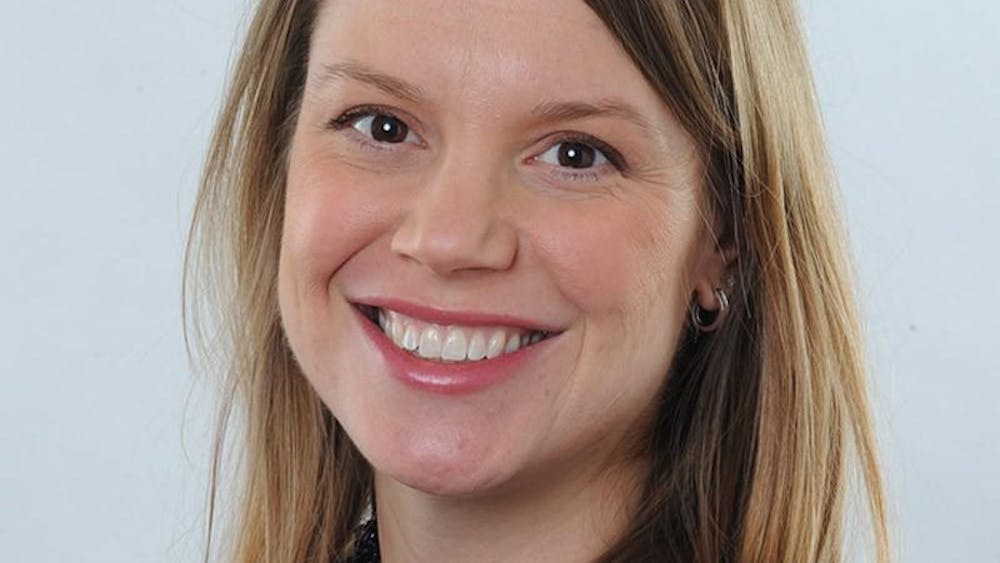I am conflicted about something that is often seen as an unquestionably positive boon for social movements – it bothers me when people refer to themselves as allies to the LGBT community. This qualm also applies to when people label themselves as allies to other marginalized groups of people, but I’m only going to speak from my own experience here as a person who identifies as transgender and bisexual.
I’d like to clarify that I really do think that allies are an incredibly important part of the sociopolitical movement toward LGBT rights and equality. The reality is that without the support of allies, people would pay far less attention to our struggles. Allies help catalyze the process of turning “special interest” problems faced by a marginalized group of people into a wider human rights issue.
Allies also function as a crucial part of a support network for LGBT and questioning people. Adequate support systems, especially in the case of LGBT youth, can literally mean the difference between life and death. The statistics vary depending on method of estimation and subgroup within the LGBT umbrella as well as the intersection of other factors such as race, but in general LGBT youth and young adults are much more likely to attempt suicide than the general population. Some of those who took their lives might have still been with us today if they had faced less ostracism and found support in their community – that is, if they had allies.
So, allies are important. My problem is not with allies existing. We need allies. My problem is with allies that stop fighting for the rights of a marginalized community. You can’t simply declare yourself to be an “ally” to the LGBT community and then stop thinking critically about the things that you say and do and whether they are helping or harming.
For example, I’ve heard a woman defend her casual use of homophobic slurs around someone who clearly stated that he was bothered by it with the excuse that she was an “ally” and her other gay friend didn’t care if she said that around him. This can happen in more subtle ways, but I do not have to reach very far to find examples that are this blatant.
You can be an ally. You can work to support individual LGBT people in your community by being there for them. You can speak out against bigotry when you encounter it. You can educate yourself and challenge beliefs that you may hold about LGBT people. What makes you an ally is your actions, not the fact that you call yourself an “ally.” Being an ally is exhibiting a set of supportive behaviors, regardless of the scale.
I don’t think that “ally” should be an identity at all. If “ally” becomes an identity that cannot be questioned, the voices of people in the community you claim to be an ally to (“Your use of this homophobic slur is personally distressing to me”) can become silenced because you see it as a personal affront to your identity (“But I’m an ally!”) for them to point out a harmful behavior or attitude of yours. Making being an ally primarily about your own feelings over those of the people you are claiming to help is missing the point entirely.
Being an ally is an admirable goal. But it’s a goal, and it’s not one that you suddenly achieve and are done thinking about. It’s kind of like the goal of being a decent human being. No, it’s exactly like that.








